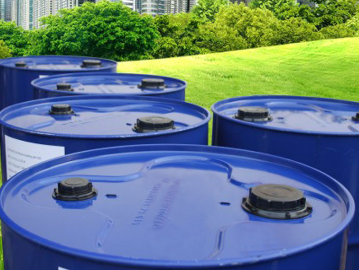
Silicone rubber is a versatile material that has been fueling innovation in renewable energy technologies. It is widely used in a variety of applications in the renewable energy sector, from solar panels to wind turbines. Silicone rubber's unique properties make it an ideal material for these technologies.
One of the key reasons why silicone rubber is so popular in renewable energy applications is its excellent resistance to extreme temperatures and weather conditions. This makes it a durable and reliable material for solar panels, which are exposed to the elements year-round. Silicone rubber is also highly resistant to UV radiation, ensuring that it maintains its properties and performance over time.
Silicone rubber is also highly flexible and can be molded into different shapes and sizes, making it ideal for sealing and insulation in renewable energy technologies. It can withstand high levels of mechanical stress and vibration, making it a reliable material for use in wind turbines and other renewable energy systems.
Another key advantage of silicone rubber is its excellent electrical insulation properties, making it a safe and reliable material for use in electrical components in renewable energy technologies. It can also withstand high levels of electrical currents without degrading or losing its properties, making it a reliable material for use in power generation and distribution systems.
In addition to its physical properties, silicone rubber is also a sustainable material that is eco-friendly and recyclable. This makes it an ideal choice for use in renewable energy technologies, which aim to reduce our dependence on fossil fuels and mitigate the impact of climate change.
Overall, silicone rubber is a key material that is fueling innovation in renewable energy technologies. Its unique properties, including excellent resistance to extreme temperatures, weather conditions, and mechanical stress, make it an ideal material for use in solar panels, wind turbines, and other renewable energy systems. Its excellent electrical insulation properties and sustainability also make it a reliable and environmentally friendly material for use in the transition to a more sustainable energy future.